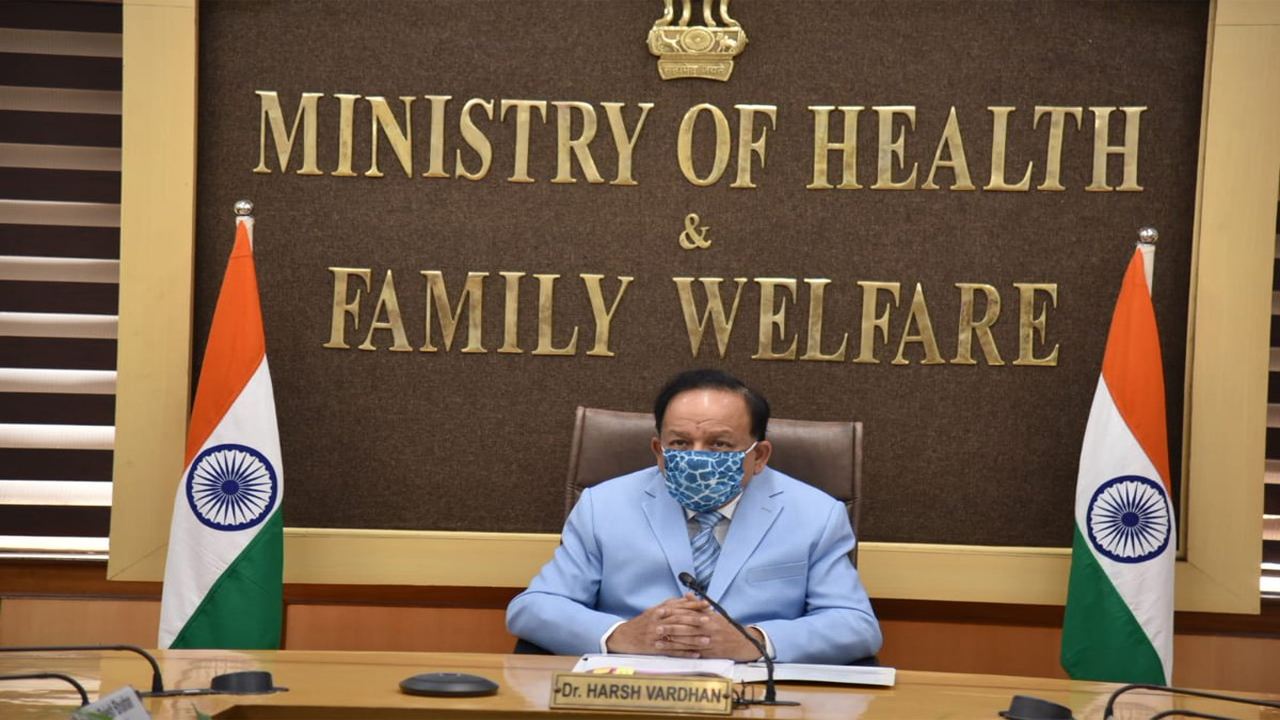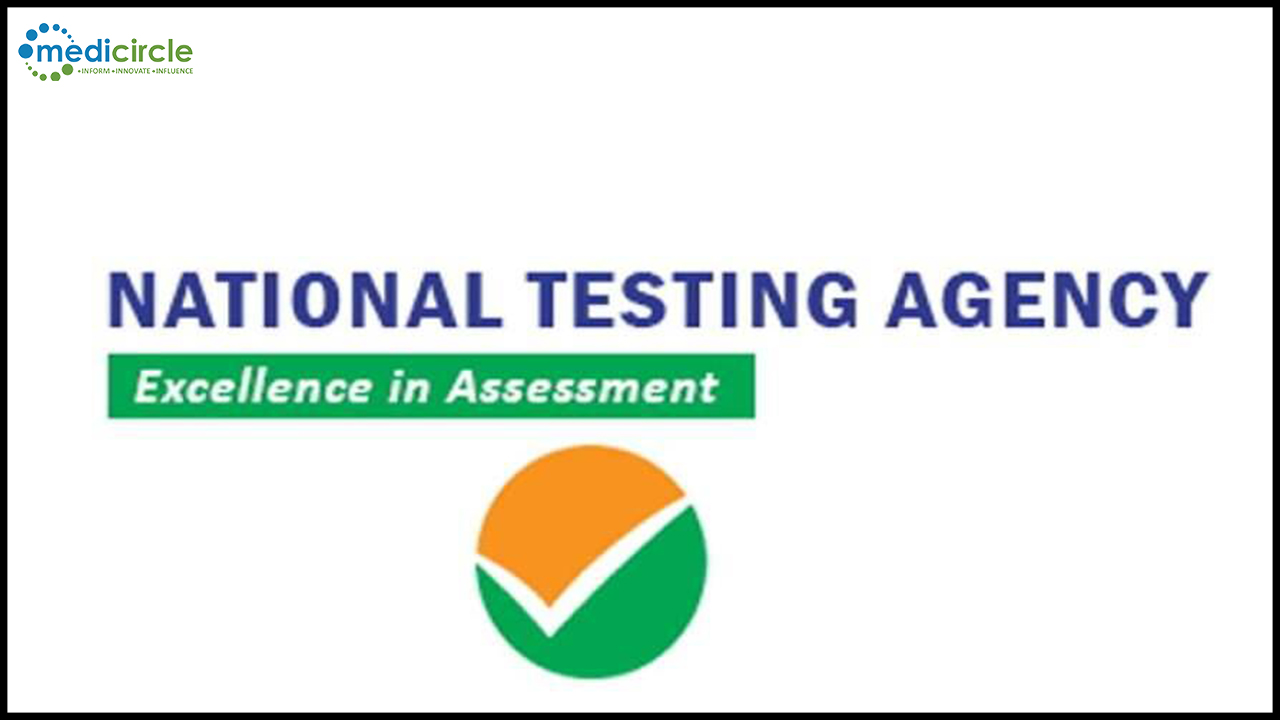When men face infertility challenges, it’s not just their health at stake. A recent study suggests that their families might be at a higher risk of certain cancers, shedding light on a potentially crucial link between male infertility and cancer susceptibility. Researchers have long observed that men dealing with infertility often have increased health risks, including various cancers, heart diseases, and autoimmune conditions. The aim of this new study was to investigate whether families of men with infertility also face a heightened risk for these health conditions.
Understanding the Study’s Approach: The study, conducted using data from the Utah Population Database hosted at the Huntsman Cancer Institute, University of Utah, dived into family histories to discover patterns of cancer susceptibility among relatives of men diagnosed with infertility.
By analysing genetic and public health information within this comprehensive database, researchers examined the health outcomes of parents, siblings, children, aunts, uncles, and cousins of men grappling with infertility. The rationale behind this investigation was rooted in the understanding that family members share genetics, environments, and lifestyles, which can collectively influence their risk of developing certain diseases, including cancer.
Key Findings and Implications: The study’s findings revealed intriguing insights. Families of men with infertility appeared to be particularly susceptible to specific cancers, including those affecting the bone, joint, soft tissues, colon, and testis, among others. This correlation highlights the potential interplay between male infertility and cancer risk within familial contexts.
Lead investigator Joemy Ramsay emphasized the significance of these findings in advancing personalized approaches to cancer risk assessment. The development of algorithms to identify characteristic cancer patterns across families opens doors to more targeted strategies for cancer prevention and early intervention.
Revealing Complex Connections: Ramsay highlighted the complexity underlying both cancer and subfertility, noting that understanding the shared risk factors among family members could provide valuable clues into the underlying causes of cancer susceptibility. The study’s approach of grouping similar cancers based on familial patterns offers a nuanced perspective, moving beyond isolated cancer types to identify broader risk profiles.
The Importance of Dialogue and Further Research: While the precise link between male infertility and cancer risk requires deeper exploration, Ramsay stressed the importance of initiating conversations with affected families and involving healthcare professionals in these discussions. This proactive approach can facilitate early detection, personalized treatment plans, and targeted preventive measures.
Looking ahead, Ramsay emphasized the need for continued research to solidify the connection between male infertility and cancer susceptibility. Exposing these intricate relationships holds promise for advancing personalized healthcare interventions tailored to individual and familial health risks.
The study’s pioneering approach highlights the interconnected nature of health outcomes within families affected by male infertility. By revealing the complex web of genetic and environmental factors influencing cancer risk, researchers are leading the way for more informed healthcare strategies aimed at safeguarding the well-being of affected individuals and their families

 The study’s findings revealed intriguing insights. Families of men with infertility appeared to be particularly susceptible to specific cancers, including those affecting the bone, joint, soft tissues, colon, and testis, among others.
The study’s findings revealed intriguing insights. Families of men with infertility appeared to be particularly susceptible to specific cancers, including those affecting the bone, joint, soft tissues, colon, and testis, among others.






.jpg)










.jpeg)

.jpeg)










.jpg)




.jpg)

